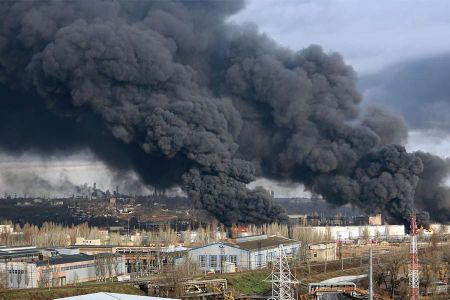Reposted, with thanks, from the Stop the Silvertown Tunnel coalition web site. Also on Labour Hub
We have discussed this proposal in the Stop the Silvertown Tunnel coalition, and now invite organisations, groups and individuals to join us in this initiative. We hope to have a get-together on this early in 2024. To indicate interest, please write to stopsilvertowntn[at]gmail.com.
Aim
Free public transport can help tackle climate change globally, and air pollution locally, while supporting households struggling with the cost-of-living crisis. Transport should be provided as a service, just as health, education and public parks are.

On climate, London is falling behind its own weak targets, and even further behind targets worked out by climate scientists. The transport sector is the city’s second largest source of greenhouse gas emissions, after the built environment, and the sector that has made the least progress in cutting fossil fuel use over the last twenty years.
Drastic, demonstrative action is needed. Free public transport, implemented together with improvements to services, investment in active travel and ending subsidies to car drivers and the haulage industry, can help rapidly to cut the number of vehicles on the road. We need to make public transport Londoners’ first choice for getting around: make it enjoyable. This is the best way to reduce emissions.
Cutting down road traffic is also the best way to tackle air pollution that kills thousands of Londoners each year.
Read the rest of this entry »


 Posted by peoplenature123
Posted by peoplenature123 







